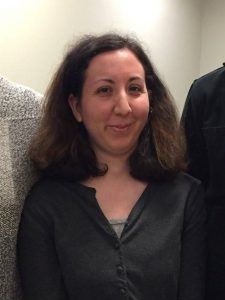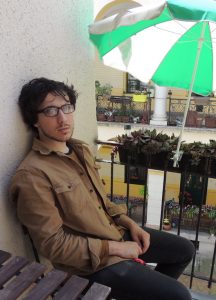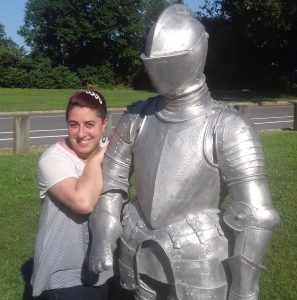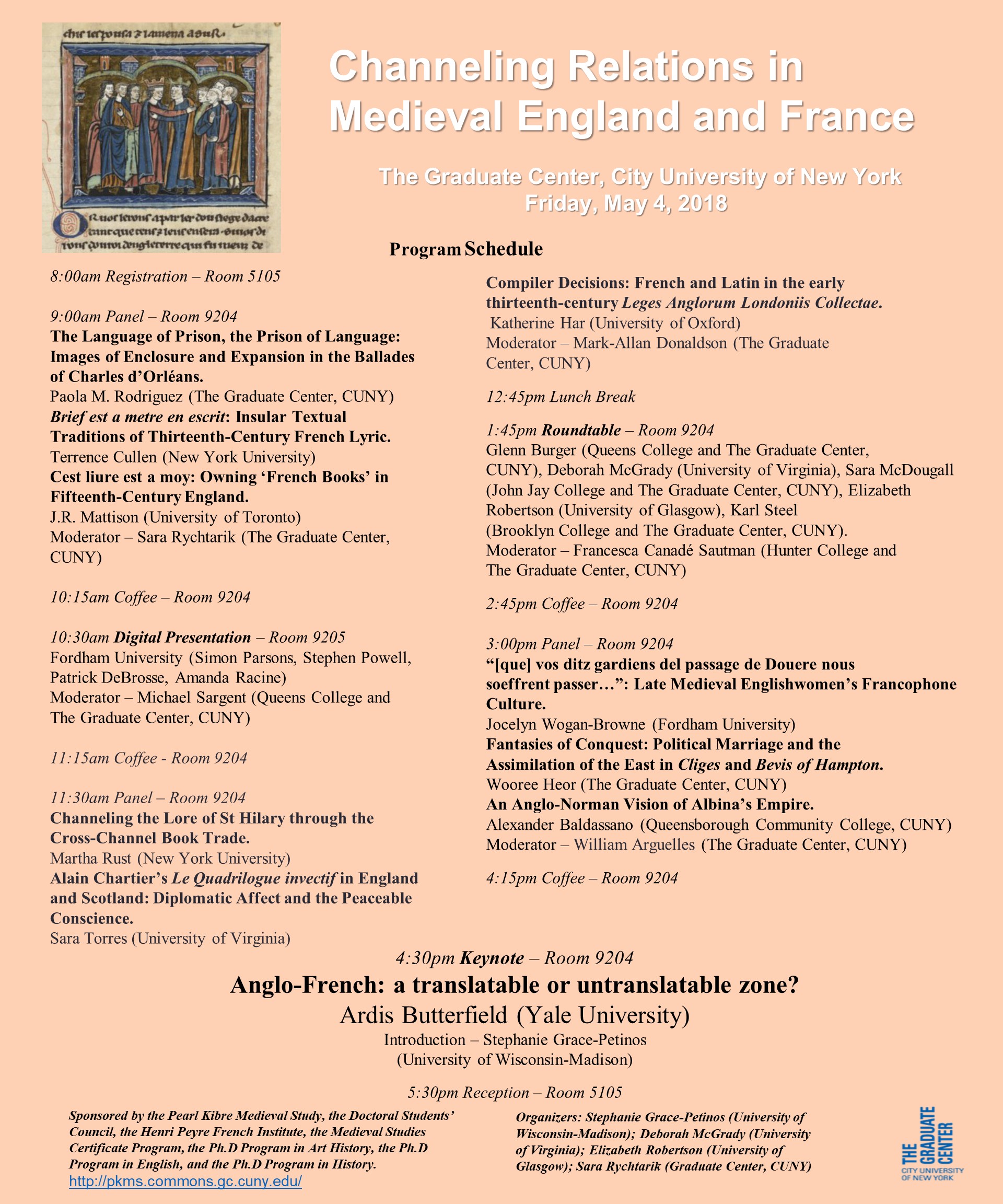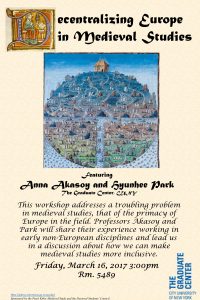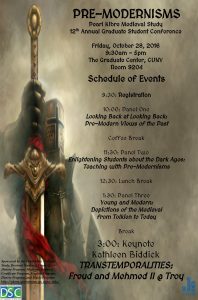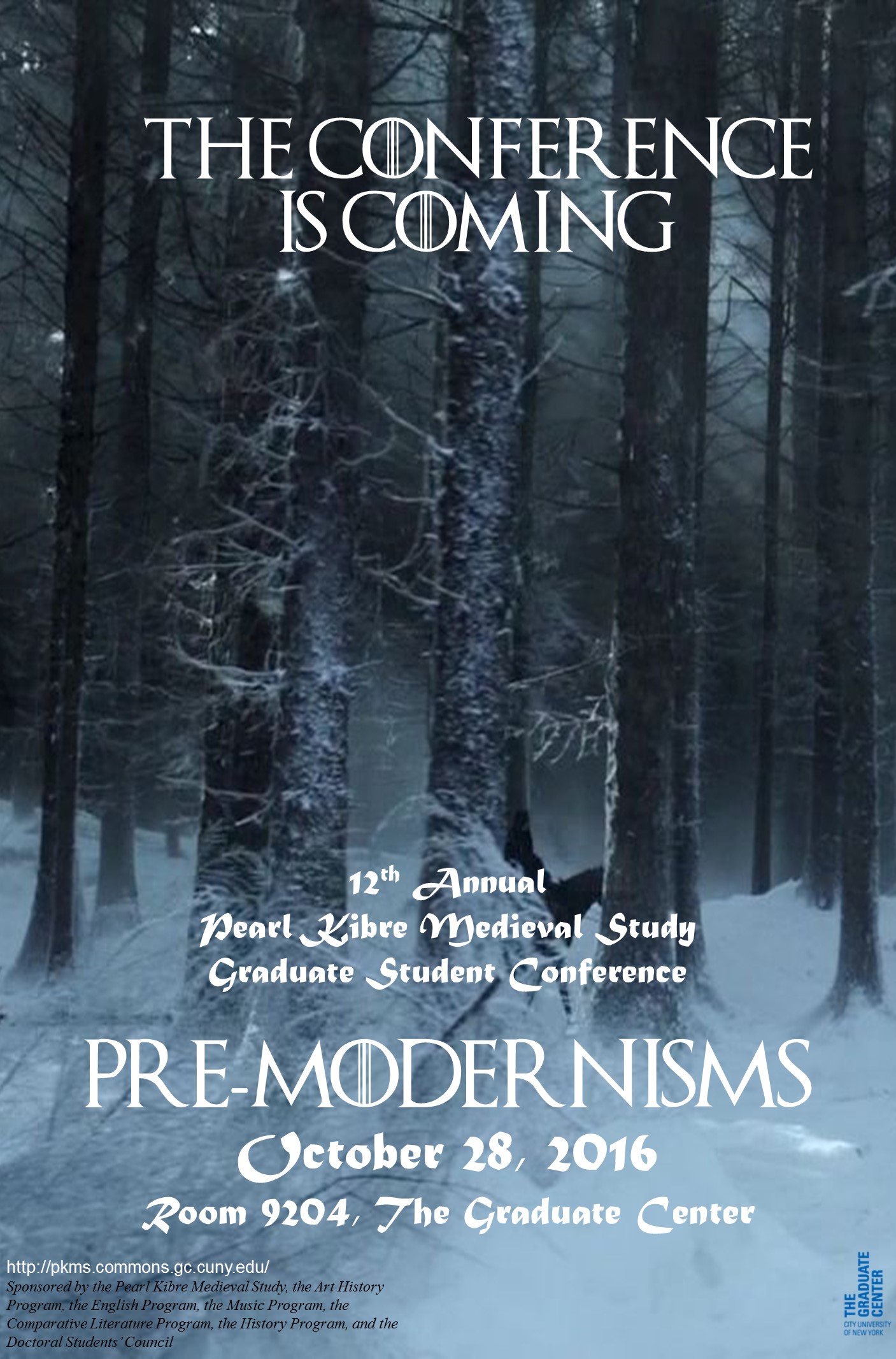How do we share the diversity of the past with our students? How can we actively resist white supremacy, patriarchy, classism, homophobia, transphobia, and other modes of oppression? And how might we challenge evolutionary assumptions about progress and modernity which may play into students’ misformed notions of the past?
We would like propose a casual, informal, no-budget, open-access collection of teaching strategies for diversifying the study of early texts. We’re seeking concrete ideas that have worked in your literature classrooms: exercises, texts, critical lens, assignments, and other ideas. The goal is less polished writing than a kind of public brainstorming and sharing of ideas that work.
We’d like to request submissions that map out a single teaching idea that has worked in your classroom. Submit ideas using our online form before June 15, 2018.
Submissions should include the following information:
• Title
• Type of Institution
• What kind of class you’ve used this tactic in (upper- or lower-level, in-person or online, approximate size)
• The tactic itself
• Why and how it was effective, any problems you faced, and what you might do differently next time
• Amount of time required, in class and for any homework assignments
Submissions will be collected, organized, and uploaded to a website for others to use, adapt, and share.
Boyda Johnstone (Borough of Manhattan Community College/CUNY)
Matthew Harrison (West Texas A&M)

